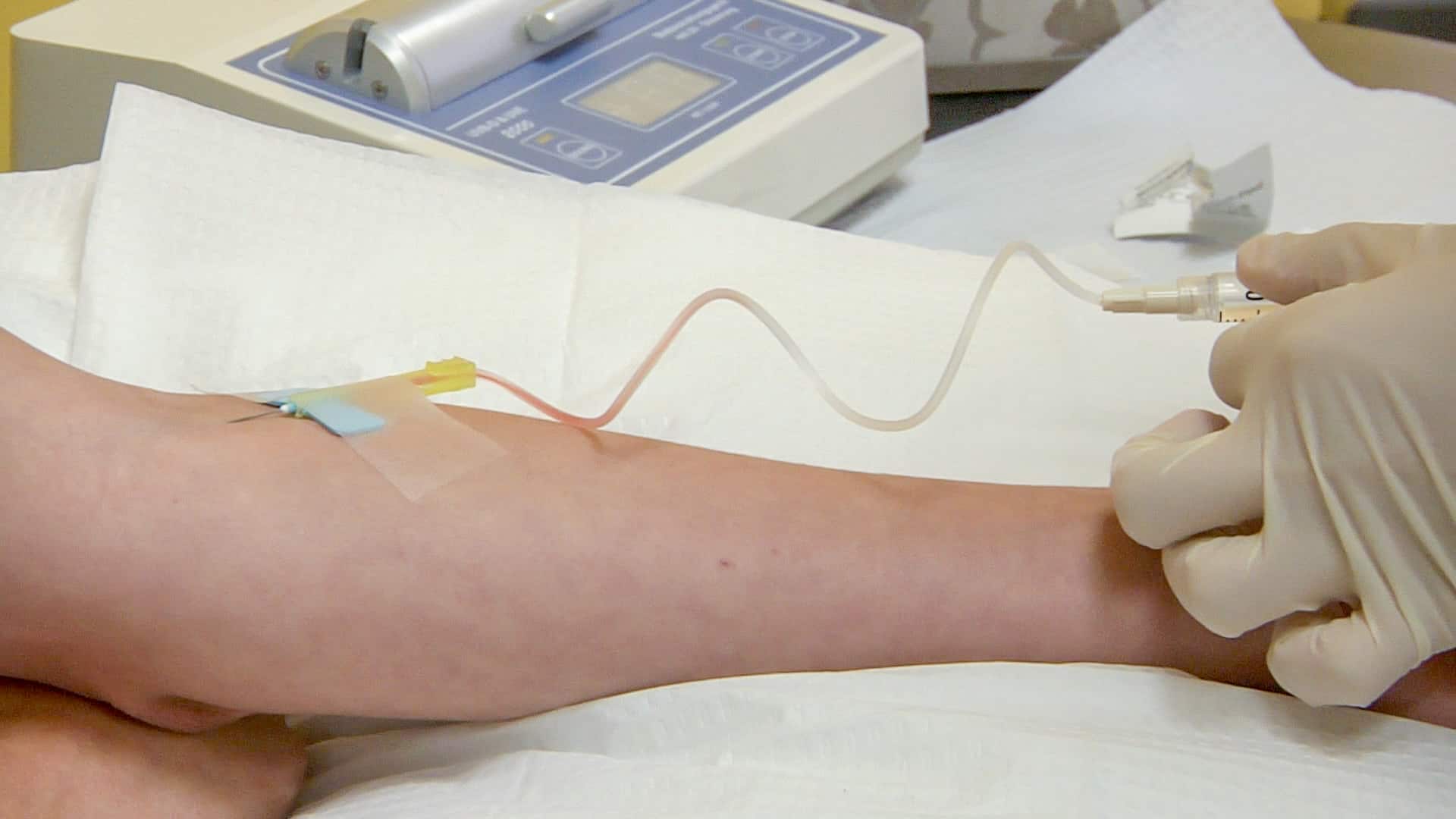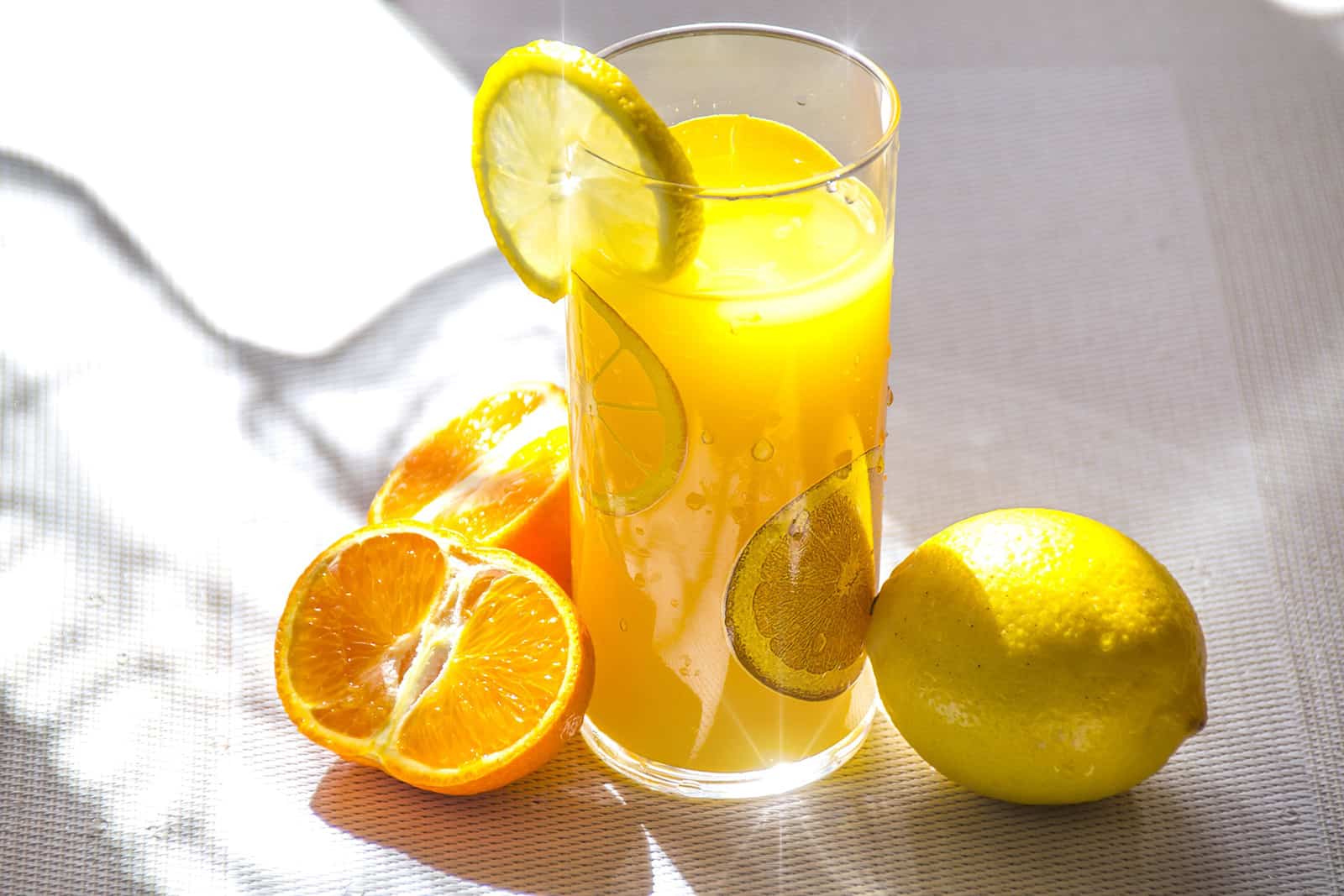We all need vitamins and minerals in our diet. These tiny nutrients in our food help our bodies to keep themselves in working condition and do all the jobs they have to do. Most medical professionals recommend a healthy, balanced diet to make sure you get your fill. However, if you follow health trends on social media, you may have come across a rather different way of getting your nutrients: on a drip.
Yes, vitamin IVs are a thing. They’re also growing in popularity, with several celebrities swearing by them. What’s more, they are said to be good for more than just nutrition. Proponents claim that pumping large amounts of vitamins and/or minerals directly into the bloodstream has therapeutic effects, ranging from easing hangovers to lowering high blood pressure and fighting the effects of autoimmune diseases. But are they intravenous miracles or modern-day snake oil? Moreover, are they even safe?
The back-story
Vitamin IVs are not a new invention. The most famous concoction of vitamins, dubbed the “Myers’ cocktail” (containing high doses of B vitamins, vitamin C, and magnesium) was put together in the 1960s by its namesake Dr John Myers. However, it is only in recent years that the concept of bypassing the digestive system to get large quantities of vitamins directly into the blood has really swelled in popularity and entered the mainstream public consciousness. Various websites have listed IV drips as top health trends for 2019 on social media; Vogue UK named it the number 1 wellness trend of the year.
A number of celebrities have taken to Instagram to endorse vitamin IVs, American model Chrissy Teigen and English superstar Adele among them. On the other side of the spectrum, Kendall Jenner, of Kardashians fame, was hospitalised following her post-Oscars vitamin drip, with the media citing a “bad reaction” to the classic Myers’ cocktail.
The theory behind IV vitamin therapy
The principle behind vitamin IVs is that by injecting vitamins and minerals intravenously, bypassing the absorption process of the digestive system, you end up with a much higher concentration in your blood than is otherwise possible. Proponents claim that these above-normal levels in the blood translate to more vitamins and minerals being used by the cells, allowing the body to function more efficiently, in turn leading to more energy, feelings of wellbeing, and a boosted immune system. Some go further: various cocktails of vitamins and minerals have been said to have the following effects:
- Cure hangovers
- Give healthier skin
- Reduce symptoms of asthma
- Reduce pain in fibromyalgia patients
- Lower high blood pressure
- Combat depression and anxiety
- Treat diabetes
- Help in the treatment of serious illnesses, including Parkinson’s disease and cancer

Image from Wikimedia Commons; license: https://creativecommons.org/licenses/by-sa/4.0/legalcode
The evidence for IV vitamin therapy
On one hand, there are many people who swear by IV vitamins. It’s not hard to find someone with a story like this one, who felt revitalised after a trip on the drip. On the face of things, however, the evidence in favour is all anecdotal – there are no reliable clinical studies that support the idea that vitamin injections give any benefit to the health.
On the other hand, there is also a lack of studies in general, so it is impossible to say that IV vitamin therapy doesn’t work. One study into intravenous micronutrient therapy for fibromyalgia concluded that there was no statistically significant difference between IV vitamins and a placebo. This does not rule out the possibility that there are other benefits; however, it is clear that more research is needed.
While further studies could give us a better idea into whether IV vitamin therapy works, many doctors are sceptical and advise caution.
In an interview with the Huffington Post, Dr Rick Pescatore, an emergency physician and research director based in Philadelphia described it as “nothing more than quackery”, stating that for healthy individuals, injecting large amounts of water-soluble vitamins leads to nothing more than “expensive urine”. When you think about it, you can see his reasoning. The kidneys naturally filter any excess vitamins and minerals out of our blood, expelling them from the body in the urine. The same article quotes Brooklyn hepatologist Dr Niket Sonpal as saying: “if you eat a well-balanced diet, your body does not need the extra vitamins”.
However, Sonpal also says that some patients may benefit from taking vitamins intravenously. Individuals with conditions that affect their ability to absorb nutrients from the food they eat, such as coeliac disease, or those with extreme nutritional deficiencies may be treated with a carefully administered dose of vitamins from a drip, under the supervision of trained doctors and nurses. This paper into vitamin C delivered intravenously for cancer patients reasons that such patients have a deficiency in vitamin C and explores the possibility of health benefits.
The risks of IV vitamin therapy
With the jury still out on the health benefits of IV vitamin therapy, it is also worth taking a look at the risks. Could this treatment be dangerous?
In researching the subject, I came across various articles positing that taking vitamins intravenously is 100% safe and that the worst side-effects that some patients experience is a bit of bruising around where the needle goes in. Other writers cite the risk of infection (always a risk when the skin is breached) and inflammation of the veins – minor things that usually subside quickly. But then there comes the subject of Kendall Jenner’s hospitalisation after she had a “bad reaction” to the Myers’ cocktail, and you might start questioning if there are other hazards.
We’ve all heard the age-old adage that you can have too much of a good thing. Of course we need vitamins and minerals, and of course they are good for our health. However, too much vitamin A can be toxic and damage the liver; too much iron can lead to haemochromatosis; elevated potassium or sodium levels can also be deadly. Even too much oxygen can be dangerous! This is why many doctors urge caution when flooding our bloodstreams with vitamins and minerals from an IV drip. We could be doing more harm than good!

The verdict
The bottom line is that it’s impossible to say for certain whether IV vitamins are of any use for healthy people, although they may be of medical use when treating patients with certain digestive conditions or nutritional deficiencies.
They can carry potential risks, so anyone taking vitamins intravenously should always go to a centre with fully trained and qualified doctors and nurses, who can respond should anything go wrong; it is certainly a bad idea to hook yourself up to an IV drip at home.
At the end of the day, medical conditions aside, the best way for our bodies to get the nutrients they need is with a healthy, balanced diet. Our bodies are clever – our guts have been fine-tuned by evolution to absorb the vitamins and minerals we need from our food, and the majority of people do not need extra. For most of us, if we eat well, we don’t need to take short cuts.
Sources:
https://www.nutrition.org.uk/nutritioninthenews/headlines/ivvitamins.html
https://www.vogue.com/article/kendall-jenner-vitamin-iv-drip-hospital-oscars-after-party
https://www.ncbi.nlm.nih.gov/pmc/articles/PMC2894814/









Join the discussion